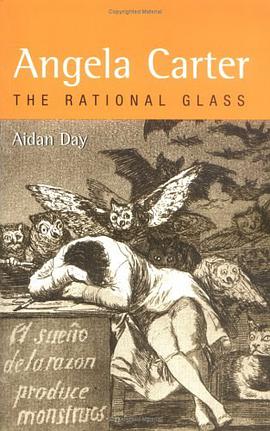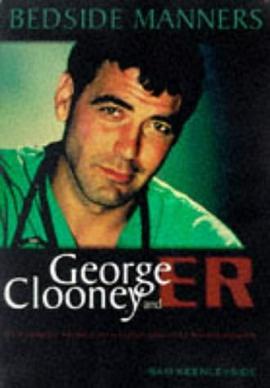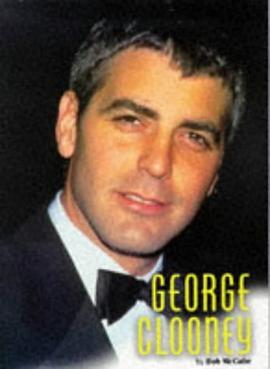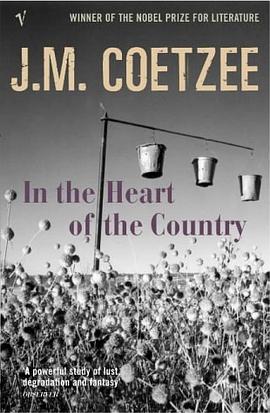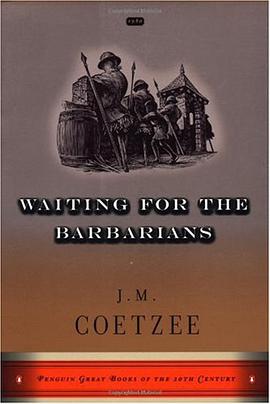

具体描述
What are the roots of human nature and what is wrong with the scientific picture of what and who we are? Was Thomas Hobbes right to say that human life is 'solitary, poor, nasty, brutish, and short'? In this magisterial new work, biologist Mary Clark argues that the Western view of human nature is built around a highly atomistic and ideological framework that encourages us to think about the world and ourselves in the wrong way. Beginning with some of the problems that emerge from building "laws" of human nature upon "laws" of physics, Mary Clark tackles an astonishing array of problems: *what role genes play in the development of the brain *how we generated the concepts of mind and meaning we accept today and what is wrong with them *to the way we think about the formation of individual and group identity, conflict resolution and the environment. Throughout the book, she critically scrutinises many widely-held views, whether it is what Darwin actually said about adaptive fitness and survival, received models of human nature such as man the 'warrior' or 'hunter', or whether it is right to think of emotions as an unfortunate legacy of our evolutionary heritage. Arguing for a more expansive view of science and human nature, she makes a strong case for the role of culture in constructing what and who we are without falling into the trap of relativism.
作者简介
目录信息
读后感
评分
评分
评分
评分
用户评价
这本书的语言风格简直是一股清流,它成功地避开了学术写作的沉闷与通俗文学的轻浮,达到了某种近乎完美的平衡。作者的文字功底极高,擅长运用精妙的比喻和富有画面感的场景来阐释复杂的哲学概念。例如,他对“内在冲突”的描述,竟然引用了古典音乐的对位法原理,这种跨学科的类比,不仅极大地降低了理解门槛,更令人耳目一新。更值得称赞的是,书中对人类理性与非理性边界的探讨,达到了令人心惊的深度。它没有简单地将我们描绘成逻辑动物或情感奴隶,而是展示了这两股力量之间那种永恒的、富有张力的共舞。我甚至觉得,这本书本身就是作者对“人类心智潜力”的一次精彩演示。它不仅在告诉我们“是什么”,更是在潜移默化中展示了“如何思考”的最佳范式,那种结构上的严谨和表达上的优雅,让阅读成为一种享受,而非负担。
评分这部作品的结构设计堪称精妙,它如同一个精心编排的交响乐章,层层递进,高潮迭起。从开篇对个体意识的微观剖析,逐步扩展到家庭单位、社区互动,最终汇聚到全球化背景下的集体无意识。我特别喜欢作者处理“矛盾”的方式:他从不试图提供一个一劳永逸的简单答案。相反,他热衷于展示人性中那些看似不可调和的悖论是如何在现实中并存并发挥作用的。比如,关于合作与竞争的张力,书中通过不同历史时期的案例对比,呈现出一种动态的、情境依赖的复杂图景,而不是一个固定的公式。这种拒绝简单化的勇气,是很多同类著作所欠缺的。阅读过程中,我不断地停下来,回顾前文,因为作者总是在不经意间埋下伏笔,使得后来的论证更具说服力。这是一部需要被细细品味,值得被反复阅读的佳作,它提供的不是知识的终点,而是更广阔的思考起点。
评分说实话,我一开始对这本书的期待值并不高,这类主题的书籍市面上实在太多了,大多都是换汤不换药的重复论调。然而,这本书最大的亮点在于其对“未来图景”的描绘,这才是真正让我感到震撼的地方。作者并未沉溺于对过去的怀旧或对现状的批判,而是大胆地将讨论延伸至技术飞速发展背景下,人类自我认知的可能演变。书中对于人工智能日益介入人类决策过程后,“自主性”这一概念将如何被重塑的推演,逻辑链条严密得令人脊背发凉。它不是科幻小说,而是基于现有社会学和认知科学趋势的审慎预测。这种前瞻性和批判性相结合的写作方式,使得本书超越了传统的哲学或社会学范畴,成为了一部极具现实意义的警示录。它提醒着每一个身处变革浪潮中的读者,我们正在以何种速度和方向,重塑着自身的本质。
评分这本横空出世的著作,简直是为那些在浩瀚的知识海洋中迷失方向的求知者点亮的一盏明灯。我翻开它时,就被作者那如手术刀般精准而又充满人文关怀的笔触深深吸引住了。它并非那种堆砌着晦涩术语的学术论文集,而是一场对人类心智结构、情感起源乃至社会构建根基的深入浅出的探索。书中对某些经典心理学实验的重新解读,尤为精妙,它没有停留在对既有结论的简单复述,而是追溯了实验设计背后的时代局限性与文化偏见,这使得我们得以用一种更具批判性的眼光重新审视那些我们习以为常的“人类真相”。特别是关于群体行为异化的章节,作者巧妙地引入了神经生物学的最新发现,将抽象的社会现象落地到具体的神经通路层面,读来令人拍案叫绝,仿佛那些复杂的理论瞬间具象化了。它强迫你放下已有的成见,去质疑那些看似理所当然的“人性定论”,这种颠覆性的阅读体验,实在酣畅淋漓,远超我对一本探讨此类主题书籍的预期。它更像是一场与智者的深夜对谈,充满了启发性的火花,让你在合上书页后,仍久久不能平息内心的震动与思考。
评分当我拿起这本书时,我原本以为这会是又一本老生常谈的“心灵鸡汤”类读物,充斥着鼓舞人心却缺乏实质内容的空洞口号。然而,事实证明我的判断大错特错。这本书的叙事节奏掌控得炉火纯青,它不像某些作品那样在开篇就急于抛出惊世骇俗的论点,而是采取了一种循序渐进的、如同侦探小说般的布局。作者花了大量的篇幅去构建一个宏大的历史背景,将我们今天的困惑置于数千年的文化演变之中去考量。我尤其欣赏它对不同文明冲突时,不同“人性解读”如何相互渗透与抗拒的描绘。书中对于那些长期被忽略的边缘化群体对“普遍人性”观点的贡献的挖掘,展现了作者深厚的史学功底和细腻的同理心。这种多维度的审视,让原本略显单薄的主题一下子丰满了许多,每一个论断背后都有坚实的文化或历史锚点支撑,而非凭空臆想。读完后,我不仅对“我们是谁”这个问题有了更深层次的理解,更重要的是,学会了如何去倾听那些与我认知相悖的声音。
评分 评分 评分 评分 评分相关图书
本站所有内容均为互联网搜索引擎提供的公开搜索信息,本站不存储任何数据与内容,任何内容与数据均与本站无关,如有需要请联系相关搜索引擎包括但不限于百度,google,bing,sogou 等
© 2026 book.wenda123.org All Rights Reserved. 图书目录大全 版权所有


